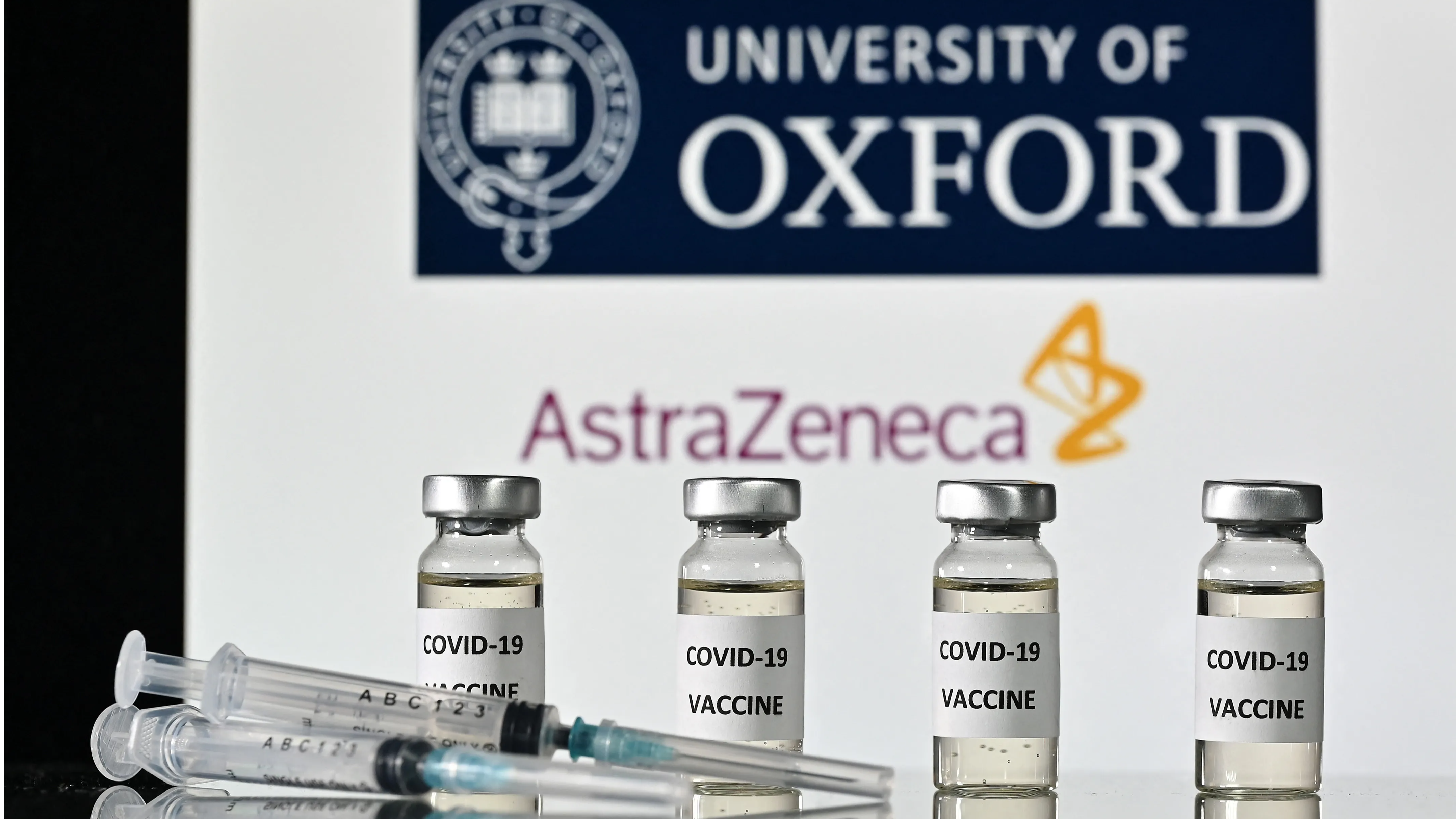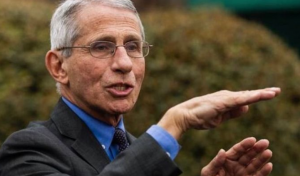The COVID-19 vaccine developed by UK’s AstraZeneca has raised several concerns over the formation of blood clots, prompting several countries to halt its layout. In India, it has been dubbed as Covishield and is being administered in the country. As millions of Indians have received the first dose of the vaccine, there are several questions regarding the second dose.
Here are the queries and answers regarding AstraZeneca’s second dose.
1. Is there a reason to be concerned about
safety, especially related to blood-clot formation, after the first dose of the
AstraZeneca vaccine?
Although there does exist a risk of serious harm and
even death after taking the first vaccine, the chances of it are about 1 among
a total of 55,000 cases for the first dose, reported PTI.
Both diagnosis and treatment of Vaccine-induced Thrombotic
Thrombocytope (VTTT), the issue of blood clotting seen post-vaccination, has
increased significantly since the early stages of COVID-19 treatment. After the
second dose, chance of blood clot formation reduces significantly about 1 in
600,000.
Also read: India records 127,510 new COVID-19 cases, lowest in 54 days
2.
When should the second dose be administered?
For any two-dose vaccine, getting the second dose is
quite important as it cements the memory of the immune response system. Clinical
trials have displayed that the second dose boosts the immune response to a larger
degree, compared to the first, preventing one from catching or even carrying
the infection. Ideally, there should be a 12-to-20-week gap between the two
doses.
Also read: COVID-19 vaccines to be made available for all adults in France
3.
Are there symptoms that indicate possible blood
clot formation?
Yes, the symptoms of VTTT are well-documented and
are the following: severe and persistently blurry vision, breathing difficulties,
abdominal pain, bruising beyond the site of vaccination on the body. In these
cases, it is imperative to seek proper medical care.
Also read: Virus recovery plan of European Union to be revealed later this month
These symptoms occur four or more days after the
vaccination.
4.
Who should not take the AstraZeneca vaccine?
It is not recommended for those who have previously
encountered heparin-induced Thrombocytopenia, a condition where platelet count
in the body dips to a lower level than normal.
Covishield, the majorly administered COVID-19 vaccine dose in India, is produced by Serum Institute of India and uses the master seed from the AstraZeneca vaccine. Both the vaccines use viral vector technology, and plant components of the coronavirus in the system, triggering immune response.
In an April release, the European
Medicines Agency (EMA) said that it found “very rare cases of unusual
blood clots with low blood platelets” when it came to any link between the AstraZeneca vaccine and blood-clot formation.







